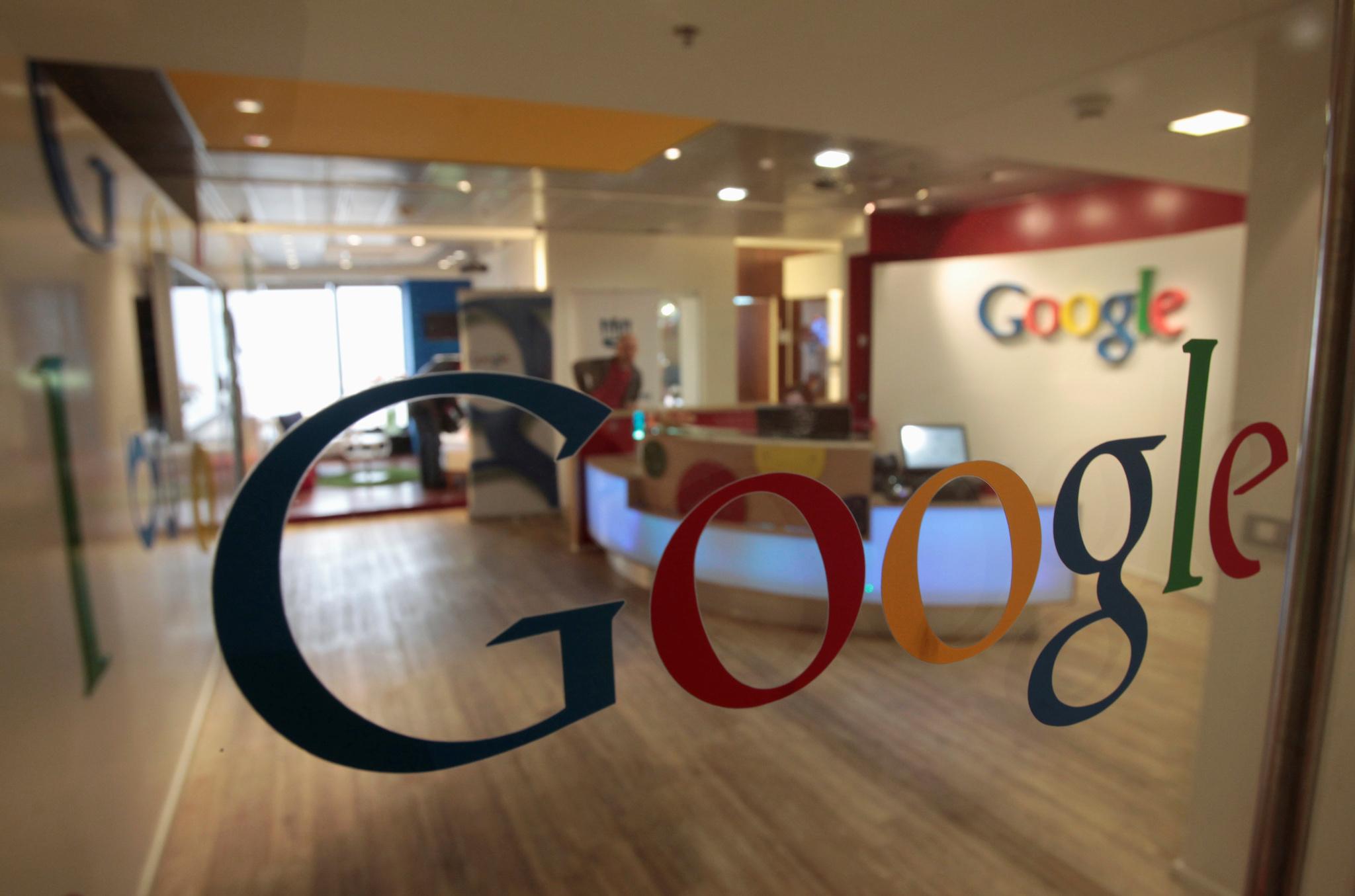Google ad tracking gets far more personal as company drops bans on how it uses data
The change is easily opted out of – so long as you know it's happened

Google’s ad tracking data has been extended – potentially to watch over much of your life.
Until recently, the site had important restrictions on the way that it could use your data. And perhaps one of the most important ones was the fact that Google worked hard to keep a massive database of web-browsing records separate from the personal information that it stores about people.
Because of its huge range of products, Google knows a lot about specific people: for most internet users, it likely has their name, their addresses and a range of other personal information. And through its DoubleClick advertising network it has a huge set of information about people’s web browsing history.
Those two things were until now kept completely separate. But the company has made a new change that could make its ad tracking far more intrusive.
The change has been made to the way that Google uses the data it has from DoubleClick, an advertising network that it owns. It bought that company in 2007, but committed that privacy would be the central concern in any new products and that the two pots of information would never be mixed.
That was until now, and the new change that was made over summer but revealed this week by ProPublica. Now Google has removed that line in the sand, getting rid of the part in the terms that kept those two bits of information separate.
The old message read: “We will not combine DoubleClick cookie information with personally identifiable information unless we have your opt-in consent”. The same part now reads: “Depending on your account settings, your activity on other sites and ads may be associated with your personal information in order to improve Google’s services and the ads delivers by Google”.
The company does make clear that it won’t use that information in a way that isn’t set out in the company’s privacy policy. But that policy permits most of the uses that you might imagine, including using personal data for ads.
It’s possible to opt out of the personalised ads – though that won’t stop ads altogether and might only work temporarily. It’s done by heading to Google’s ad settings page and turning off the “Ads Personalisation” setting. You should also untick the option that allows Google to “Include Chrome browsing history and activity from websites and apps that use Google services”.
Join our commenting forum
Join thought-provoking conversations, follow other Independent readers and see their replies
Comments
Bookmark popover
Removed from bookmarks